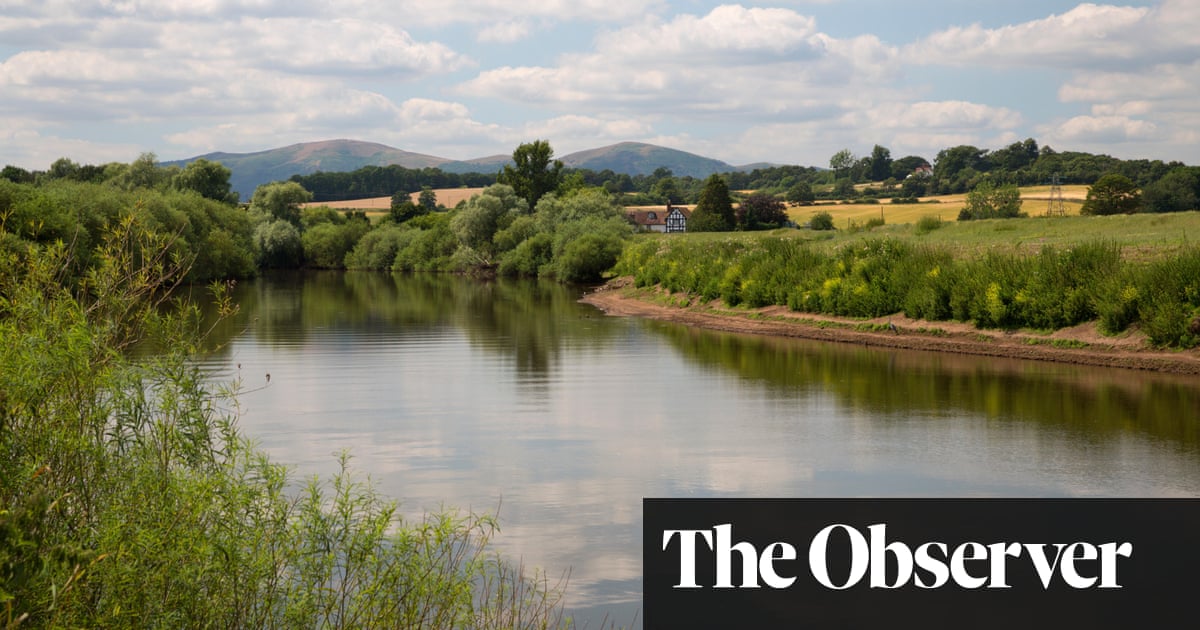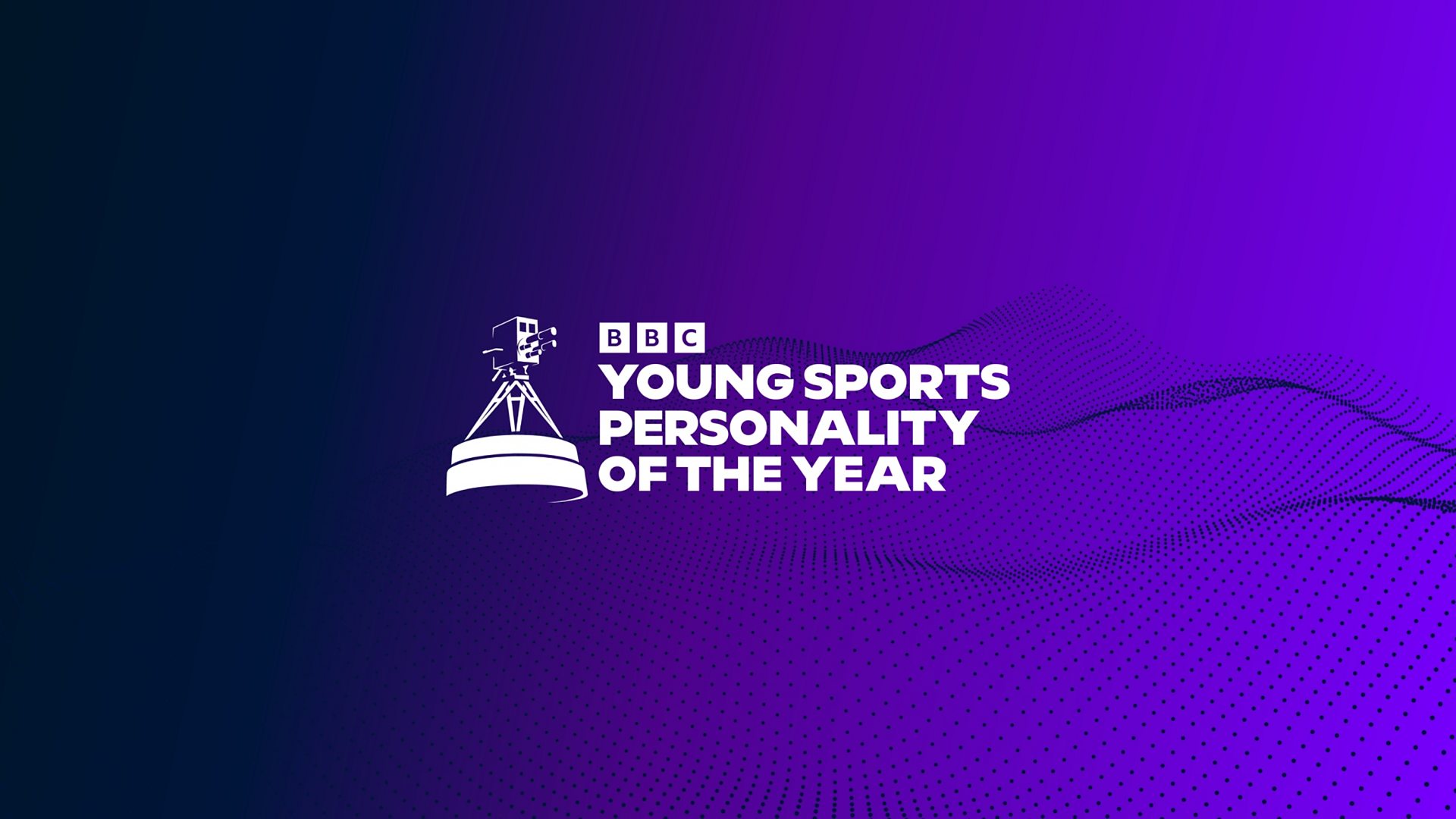World
Top-rated UK water firms ‘dumped 1,374 illegal spills into rivers’

Two of England’s biggest water firms dumped raw sewage into rivers across the country in suspected illegal breaches of their permits, despite being given the highest possible rating by the regulator for their environmental performance, the Observer can reveal.
Severn Trent Water and United Utilities were responsible for 1,374 raw sewage spills from sewage treatment works in apparent breaches of permits over a two-year period in more than 80 watercourses, according to an analysis of previously unpublished operational data. It is alleged the suspected illegal discharges were during dry weather or at times when the plants were not at operating capacity.
The two firms were both given the four-star rating by the Environment Agency this year for their performance in 2023. Over the past five years, the firms have paid out a combined £2.8bn in dividends to shareholders and millions of pounds in bonuses to bosses, with both repeatedly citing their top ratings from the regulator.
In response to the revelations, Emma Hardy, the water minister, said: “For too long, water companies have pumped record levels of sewage into our rivers, lakes and seas. This government will never let this happen again.”
Ashley Smith, founder of the campaign group Windrush Against Sewage Pollution (Wasp), which conducted the studies, said it was shocking the two firms had been given the top rating while apparently “permitting illegal discharges on a massive scale”.
He said: “These environmental performance assessments lie at the heart of the deceit that has allowed the privatised water industry to pay huge dividends and bonuses.
“They have been a tick box exercise, providing a cover for profiteering and regulatory failure. It is a national disgrace.” The water firms say the findings are based on “assumptions” and consider them unreliable.
The Environment Agency provides an annual assessment of the environmental performance of the nine water and sewerage companies operating in England. Severn Trent has been given the highest rating five years in a row. United Utilities was given the top rating for the years 2020, 2021 and 2023.
In response to the new findings, the agency said a four-star rating does not mean a firm is a “perfect performer”. It also said it was consulting on changes to the environmental performance assessments.
An agency spokesperson said: “Overall water company performance, including for Severn Trent and United Utilities, isn’t where it needs to be and a major area for company improvement is in stopping unacceptable ‘dry day spills’”.
Water firms have faced public fury after it was first revealed by the Guardian in July 2020 that they had discharged raw sewage into England’s rivers on more than 200,000 occasions in just one year.
The firms are permitted to discharge raw sewage at times of heavy rainfall, but the latest analysis examines potentially illegal spills. The rivers campaign group Wasp matched rainfall records against the water firms’ operational data for their sewage treatment works (2021-2022) and regulatory permits to expose the scale of the suspected illegal discharges.
Its analysis found that Severn Trent had made 494 suspected illegal spills of sewage in 2021 and 309 in 2022 from 50 sewage plants. One sewage treatment works at the village of Colwall in Herefordshire discharged 72 times in suspected breach of permit conditions in 2021 and 2022.
A treatment works at Derby appears to have illegally discharged sewage into the River Derwent on 35 days over the two-year period, according to the data. There were also suspected illegal spills into the Severn, the Trent and the Cam in Gloucestershire.
Wasp’s analysis of United Utilities found the firm had made 308 suspected illegal spills in 2021 and 263 in 2022 from 35 sewage plants. At a sewage works at Newbiggin on Morecambe Bay, which is designated a special area of conservation, there were 84 suspected illegal discharges in 2021 and 2022.
after newsletter promotion
Peter Hammond, the author of Wasp’s reports, said there may have been hundreds of other illegal spills by the companies, but the data from the recording equipment in those cases could not be considered robust enough to distinguish between legal and illegal spills. Hammond said that the government “must replace current devices with flow meters to record frequency, duration and volume”. Any bonuses based on unreliable environmental data should be clawed back, he said.
Hammond and Smith, who have been labelled the “sewage sleuths”, previously used machine learning to detect untracked sewage discharges, with a paper published in March 2021. Eight months later, the Environment Agency announced its biggest criminal investigation into potential breaches of environmental conditions at sewage treatment works.
Ofwat, the industry regulator, last week ordered water firms to return £158m to customers through bills because of poor performance. Severn Trent and United Utilities, however, were reported to have exceeded their targets and will be able to charge customers more next year.
Charles Watson, chair of the charity River Action, said: “It’s only through the relentless work of citizen scientists that we now know about the state of our rivers while our regulators have been missing in action. The fact that any dividends and bonuses have been paid by firms complicit in persistent widespread illegal activities is an outrage.”
Liv Garfield, chief executive of Severn Trent, was given a £3.2m pay deal in 2023/24, including a bonus of £584,000. Louise Beardmore, chief executive of United Utilities, was paid £1.4m in the year to 31 March 2024, including a £420,000 annual bonus.
A United Utilities spokesperson said: “The methodology used in this report is not one that is used by regulators or companies and continues to be based on assumptions rather than actual evidence or measured data.” The spokesperson said it understood people’s concerns about sewage discharges and had embarked on the “largest environmental investment in a century” in its infrastructure.
Severn Trent said: “Our sites have complex hydraulic configurations with multiple interdependencies that need to be assessed using site specific assured data, whereas desktop analysis like this can only produce assumptions and unreliable conclusions.
“We’re making progress to improve river health and an extra £1bn raised by our investors is accelerating delivery, with £450m being invested this year alone to reduce spills.” The firm said it considered the works at Colwall was operating “in line with its permits”, and that the Environment Agency performance assessments were “challenging and intensive” and it was the only water firm to achieve the highest rating five years in a row.
A government spokesperson said a new water bill going through parliament will strengthen regulation, including the powers to ban the payment of bonuses to bosses of polluting firms. It will also conduct a review of the water sector.
A spokesperson for Water UK, the trade association for the industry, said: “No sewage spill is ever acceptable, and we have a plan to put it right. Water companies have proposed investing £11bn to reduce spills by 40% by 2030. We now need Ofwat to give us the green light so we can get on with it.”









